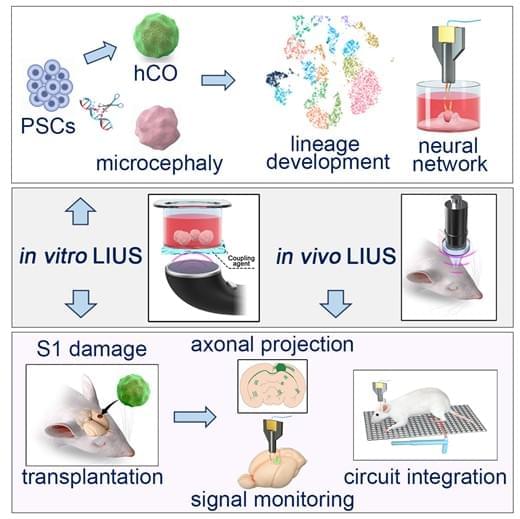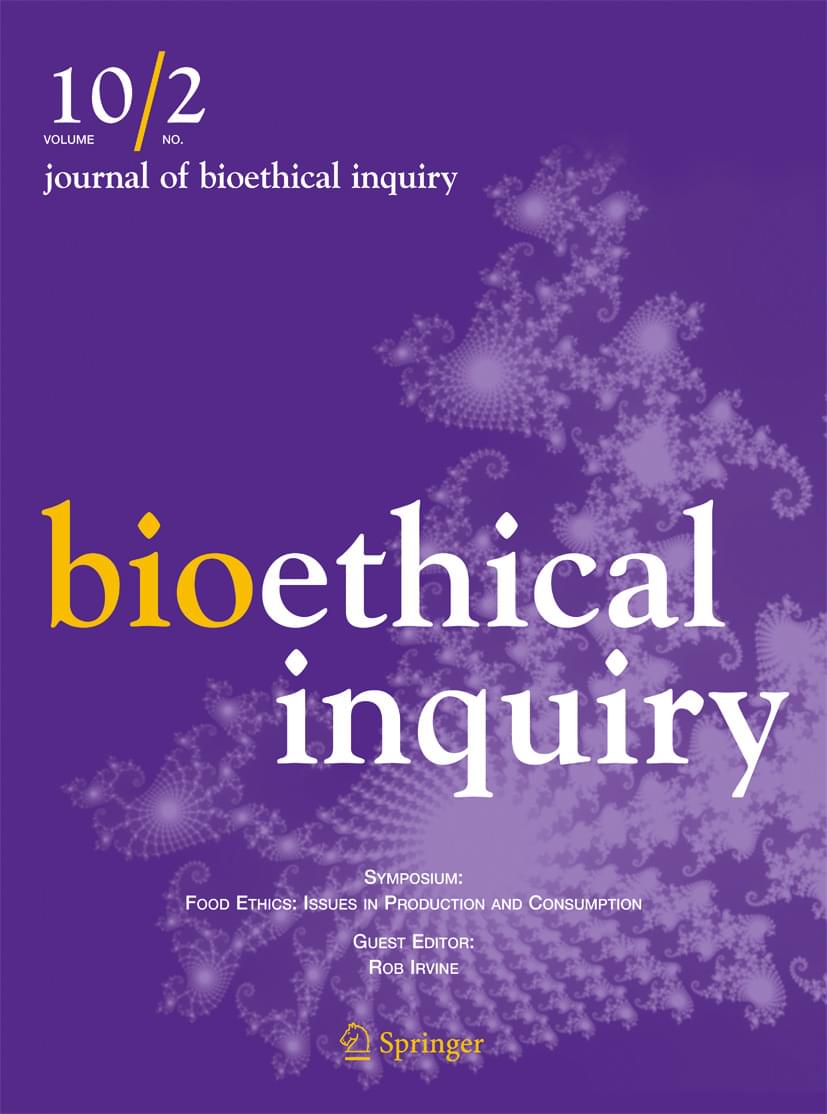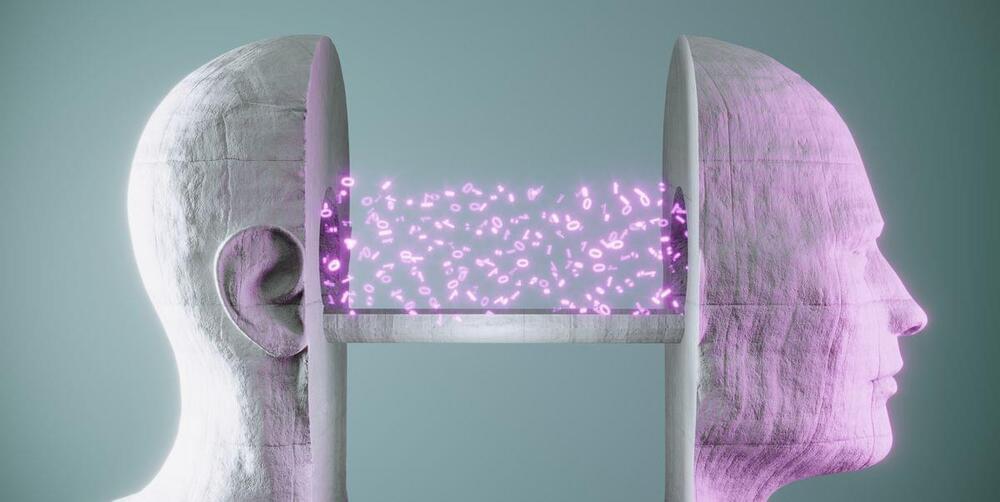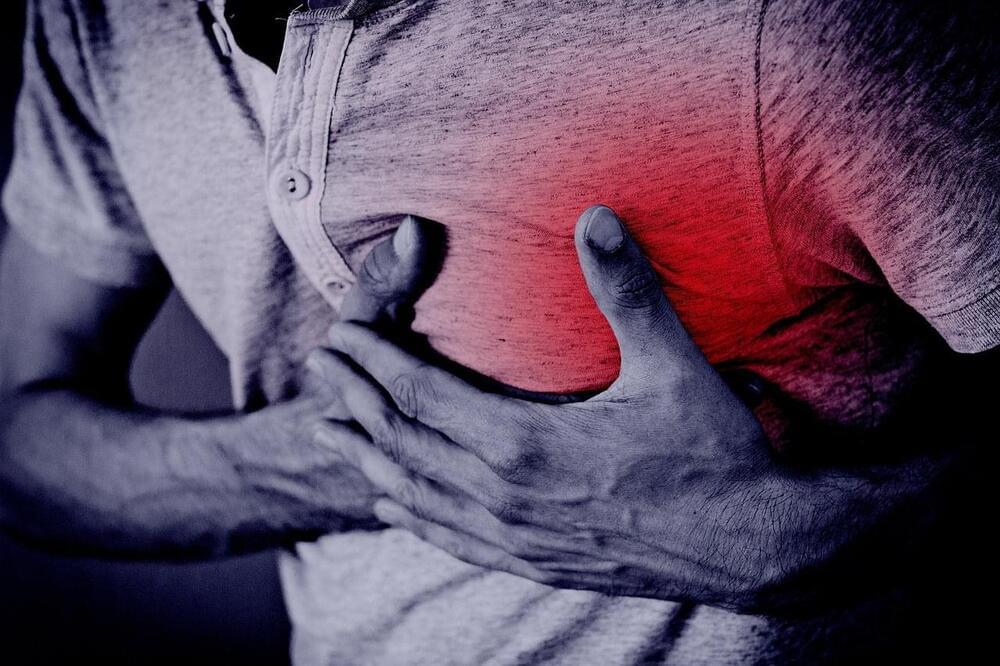Human brain organoids represent a remarkable platform for modeling neurological disorders and a promising brain repair approach. However, the effects of physical stimulation on their development and integration remain unclear. Here, we report that low-intensity ultrasound significantly increases neural progenitor cell proliferation and neuronal maturation in cortical organoids. Histological assays and single-cell gene expression analyses reveal that low-intensity ultrasound improves the neural development in cortical organoids. Following organoid grafts transplantation into the injured somatosensory cortices of adult mice, longitudinal electrophysiological recordings and histological assays reveal that ultrasound-treated organoid grafts undergo advanced maturation. They also exhibit enhanced pain-related gamma-band activity and more disseminated projections into the host brain than the untreated groups. Finally, low-intensity ultrasound ameliorates neuropathological deficits in a microcephaly brain organoid model. Hence, low-intensity ultrasound stimulation advances the development and integration of brain organoids, providing a strategy for treating neurodevelopmental disorders and repairing cortical damage.





